These are signs of over-fertilization
Basically, houseplants need regular nutrients. Because indoor plants grow in pots, the most important nutrients in the soil are eventually depleted. Then the plant becomes susceptible to diseases and houseplants get yellow leaves.
This also applies to (vegetable) plants on the balcony or window sill. Fertilizing houseplants leads to better growth and a higher resistance of your plants, as they are supplied with nutrients and energy. Problems can arise from not fertilizing enough, but also from over-fertilization.
We want our plants to do well, so it's easy to unintentionally overdo the fertilizer and get the opposite result. Basically, you should fertilize sparingly. Too much fertilizer can burn the roots or the leaves can turn yellow and fall off.
It is therefore better to add a little less fertilizer to the irrigation water than prescribed. Over-fertilized plants cannot absorb any nutrients at all. This can lead to the following symptoms:
Suddenly pests

In addition to problems with the absorption of nutrients, over-fertilization leads to a weakening of the plant. The plant's immune system is compromised. As with humans, this makes the plant vulnerable. It's easier for pests like aphids or infections like powdery mildew to infest your plant.
Salted Earth
Since fertilizers consist of salts, salination and over-fertilization are practically the same. Because organic fertilizers break down more slowly, salinization occurs less quickly here. The type of organic fertilizer is crucial, as depending on the type, it can have a salting or other aggressive effect on plants and soil.
If a white deposit forms on the surface of the soil, over-fertilization is often the cause. So too high a concentration of fertilizer, too small areas, or too small amounts of soil in containers. The white deposits are the first signs of so-called salinization.
It is also a clear indication that the plant is reacting to overfeeding. It begins to release water to the earth to provide balance. Your plant will dry up even though it has been watered enough. Overfertilization Effects:
Yellow Leaves
Over-fertilization often leads to the plant drying out. Initial signs are yellow or brown tips on the leaves or leaves turning yellow. If left untreated, leaves will turn completely brown and eventually die off altogether.
Plant Dead
Fertilizing houseplants and thereby providing the plants with nutrients is important, but over-fertilizing can kill the plant. Signs such as brown leaves on houseplants are often not correctly interpreted and as a result more water is poured or even more fertilized. The situation worsens and often leads to the death of the plant. If you are unsure, then use our plant saver.
What to do when indoor plants get yellow leaves due to over-fertilization?
Fertilization is not easy and even professionals make mistakes - so stay calm, even if it looks bad and your houseplants have yellow leaves - that's normal! If the leaves of a plant turn yellow, there can be various reasons. We'll show you two ways to deal with yellow leaves here:
Rinse vigorously

If you accidentally used too much liquid fertilizer or used the fertilizer undiluted, you can flush the plant to save it. To do this, "pour" the pot in the sink or shower with three times the volume of water of the pot volume.The aim is for the water to flush the fertilizer out of the soil. Then do not water the plant for a few days.
Repot houseplant
If you only notice after a while that you have over-fertilized or notice that the plants are getting brown leaves despite flushing, you should act: Now it's time to repot! So you can exchange the salty soil for fresh soil. You can read about how to repot correctly here .
In our online shop you will find a wide range of plants - whether indoors, outdoors, green plants or flowering plants. Have a look and find the plant that suits you.
.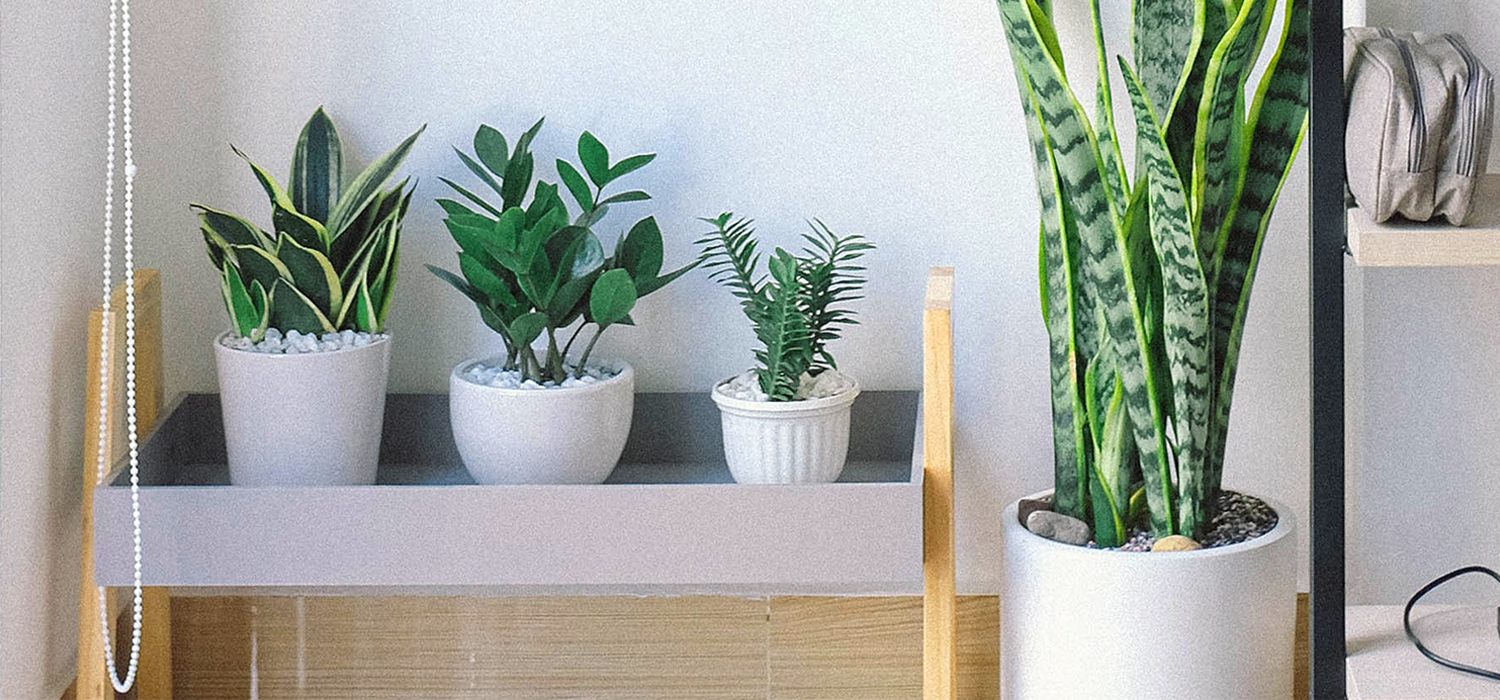
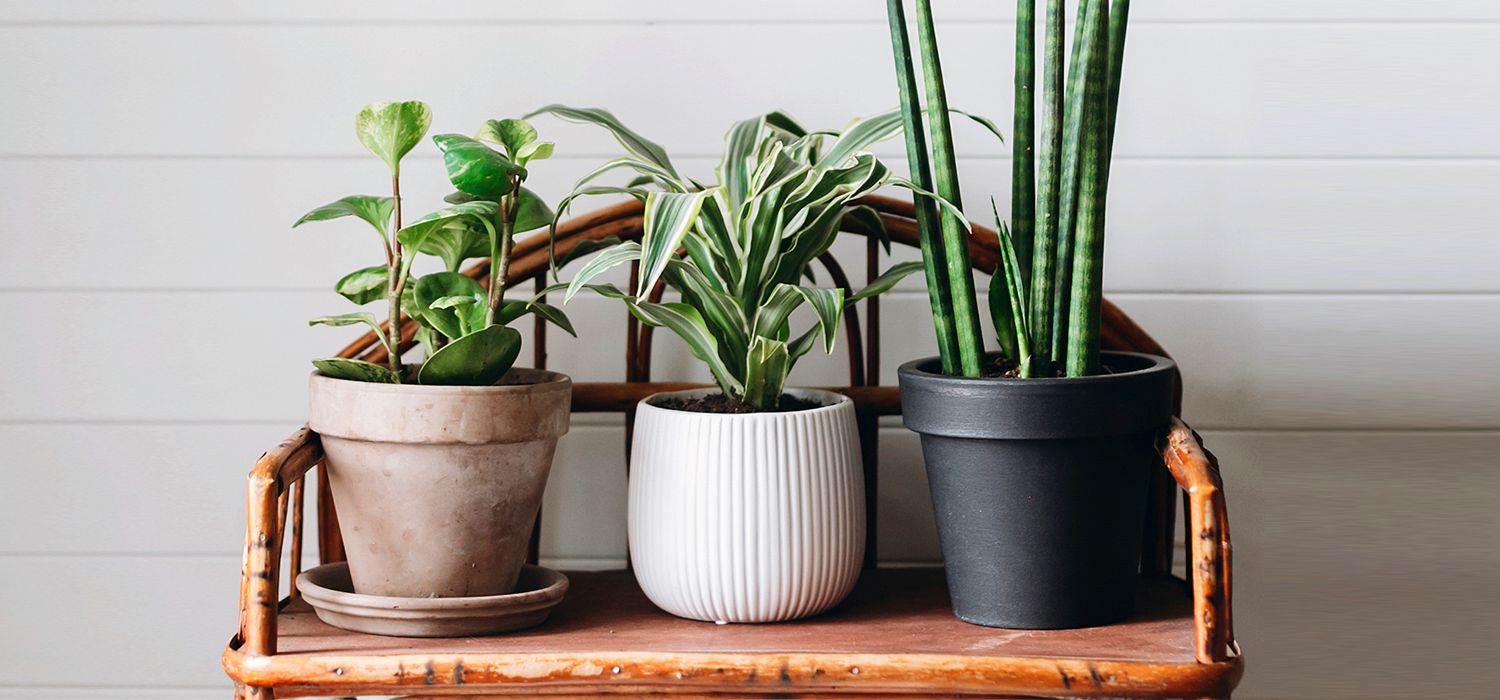
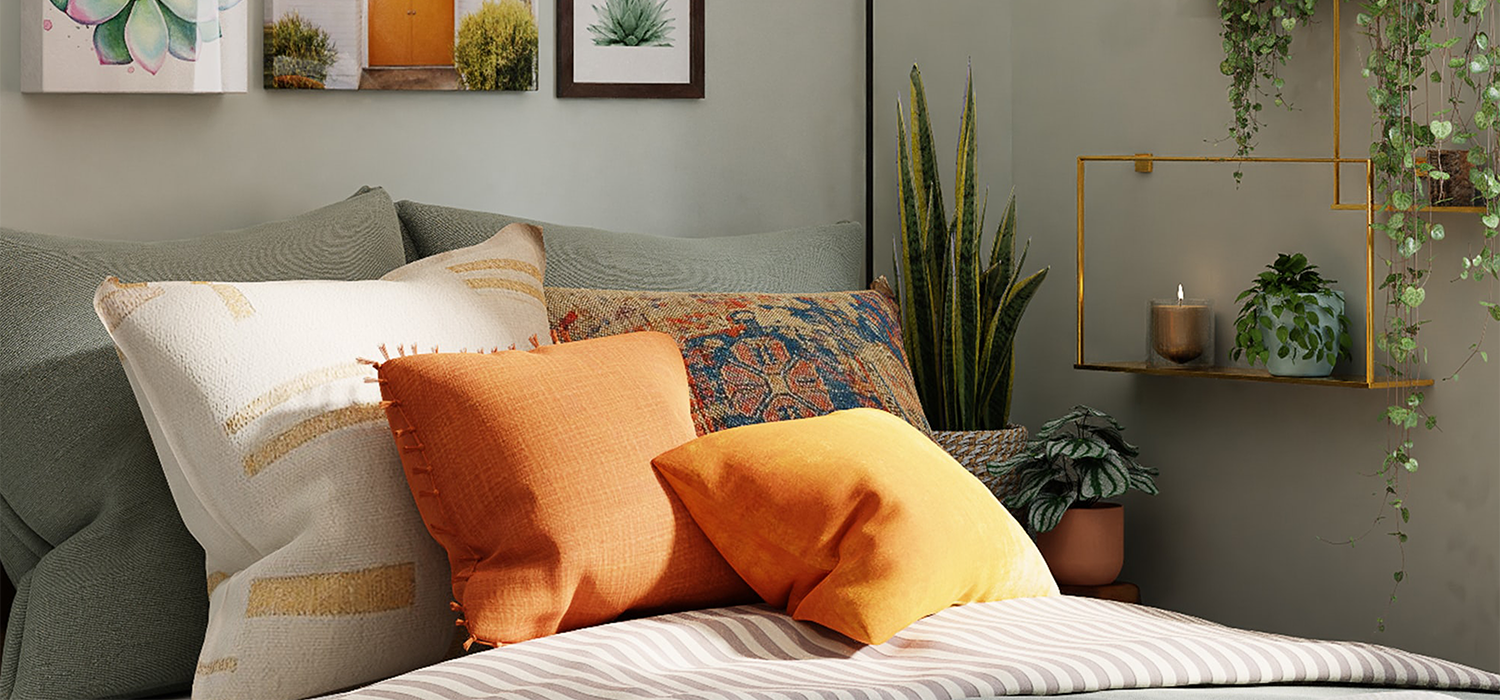
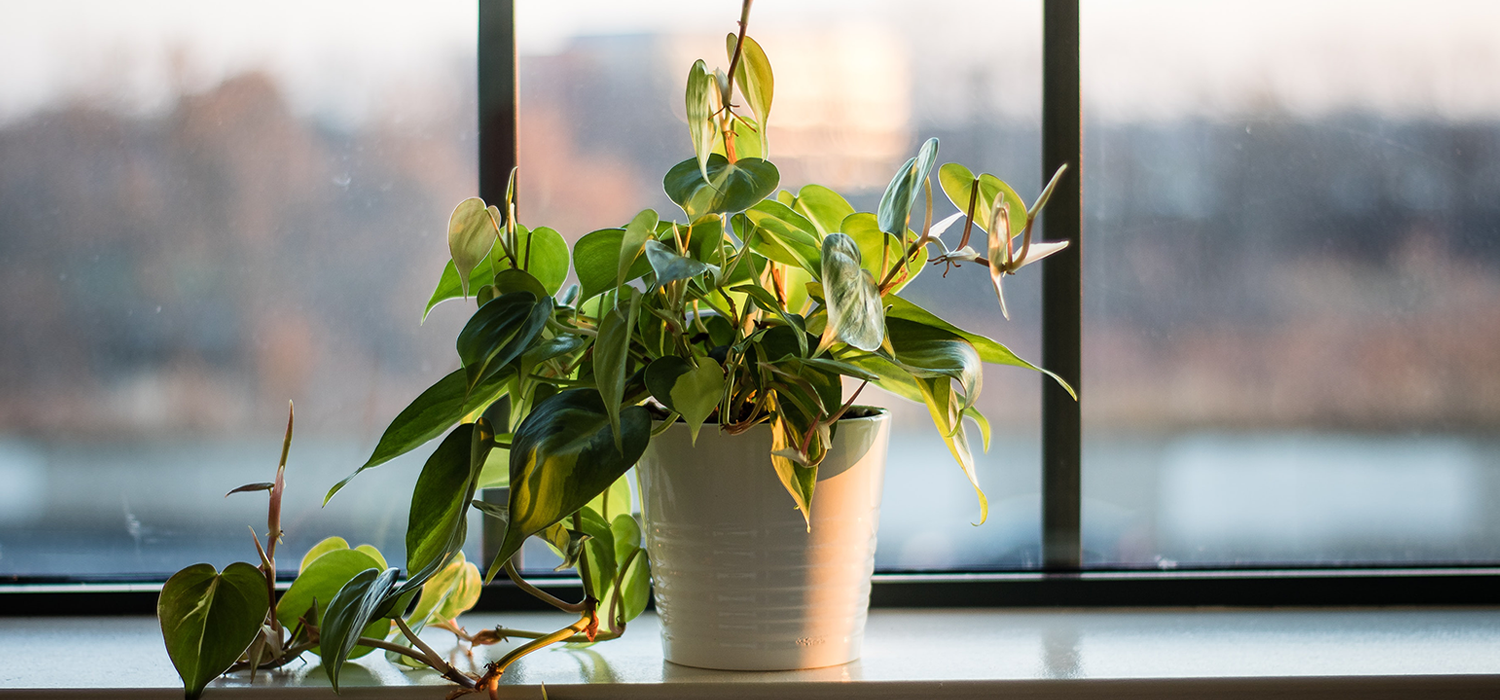
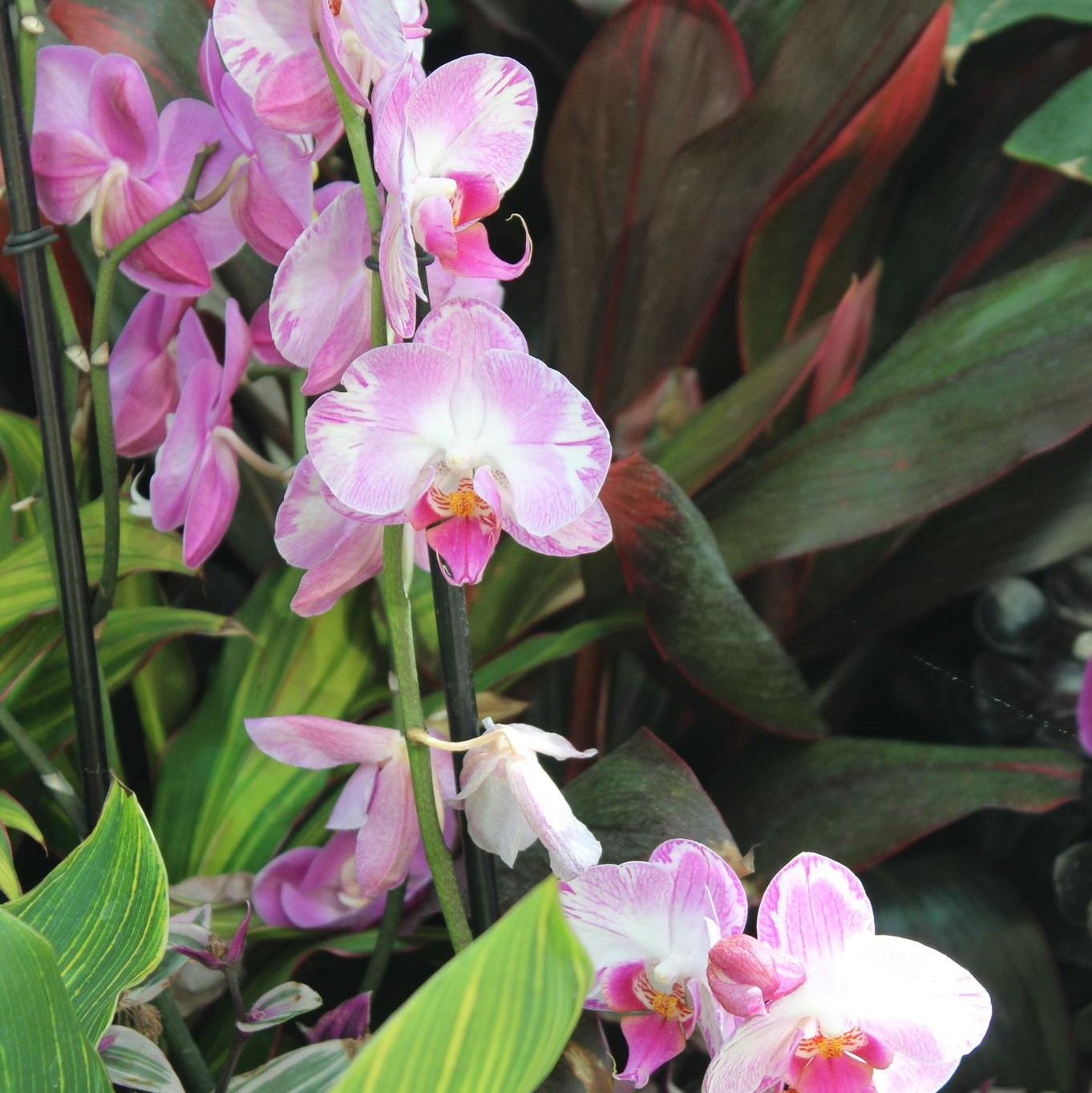
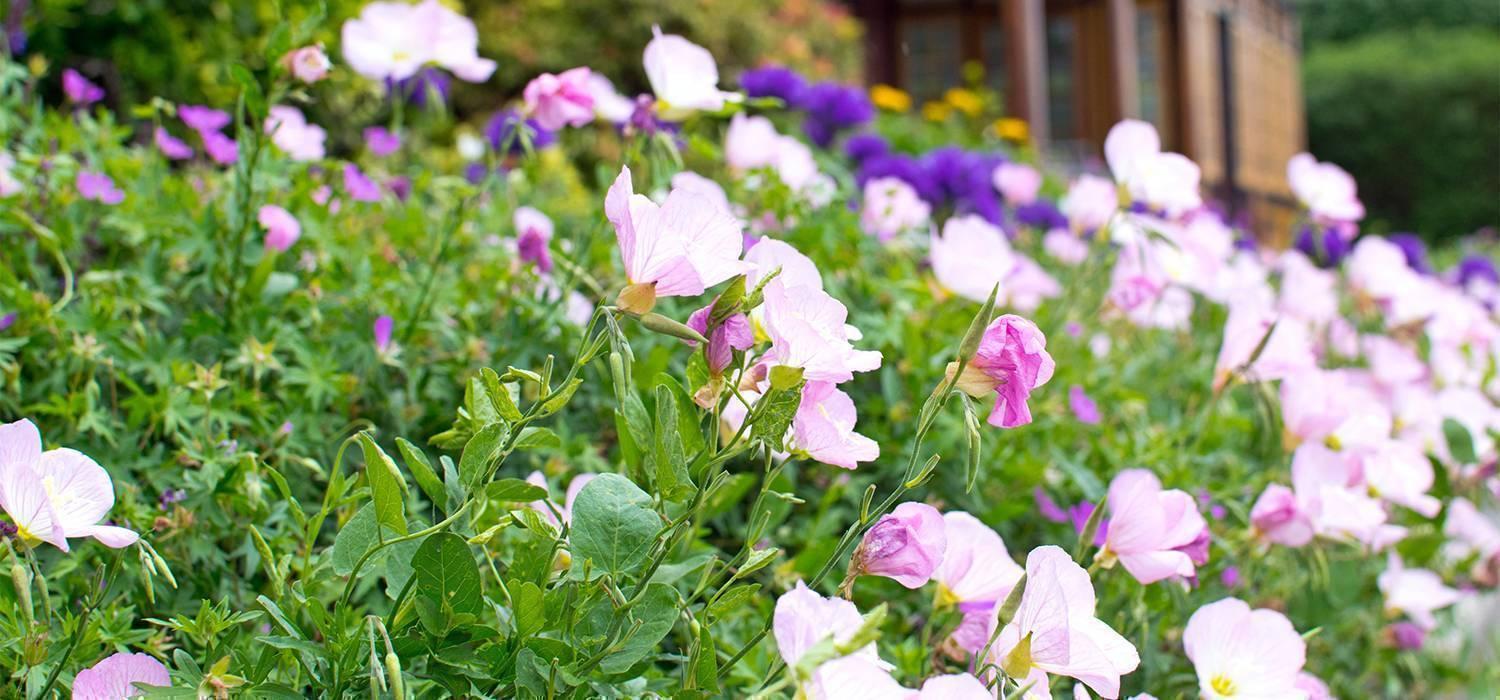
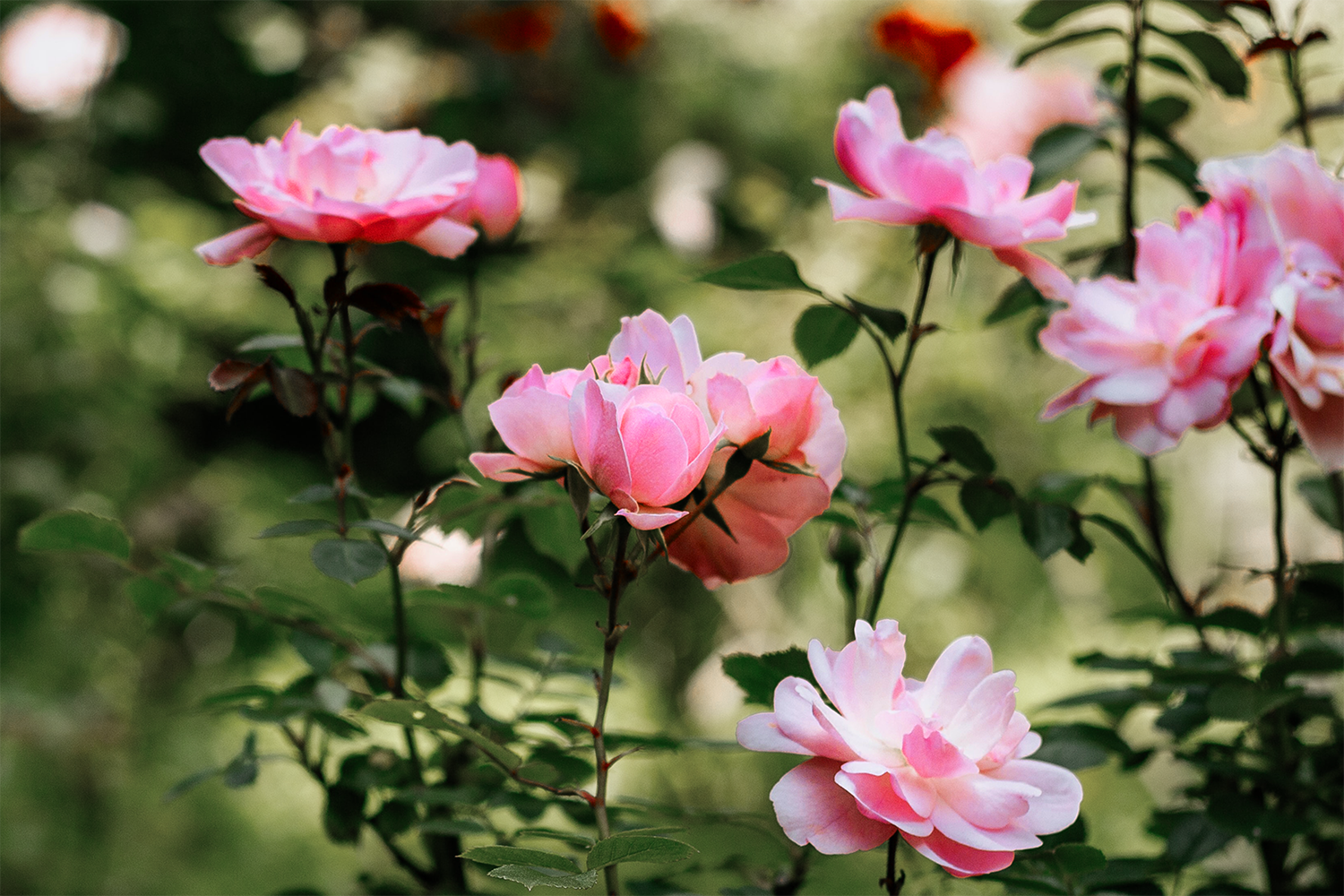
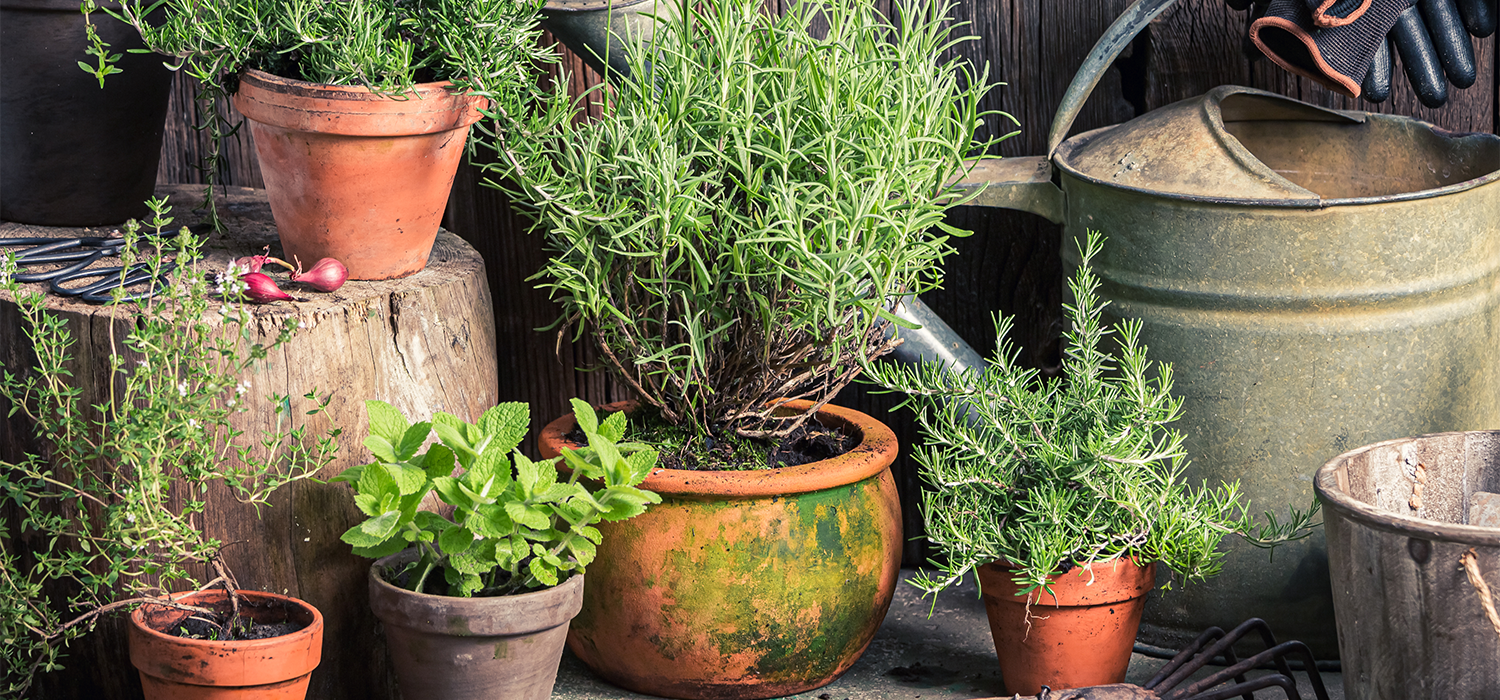
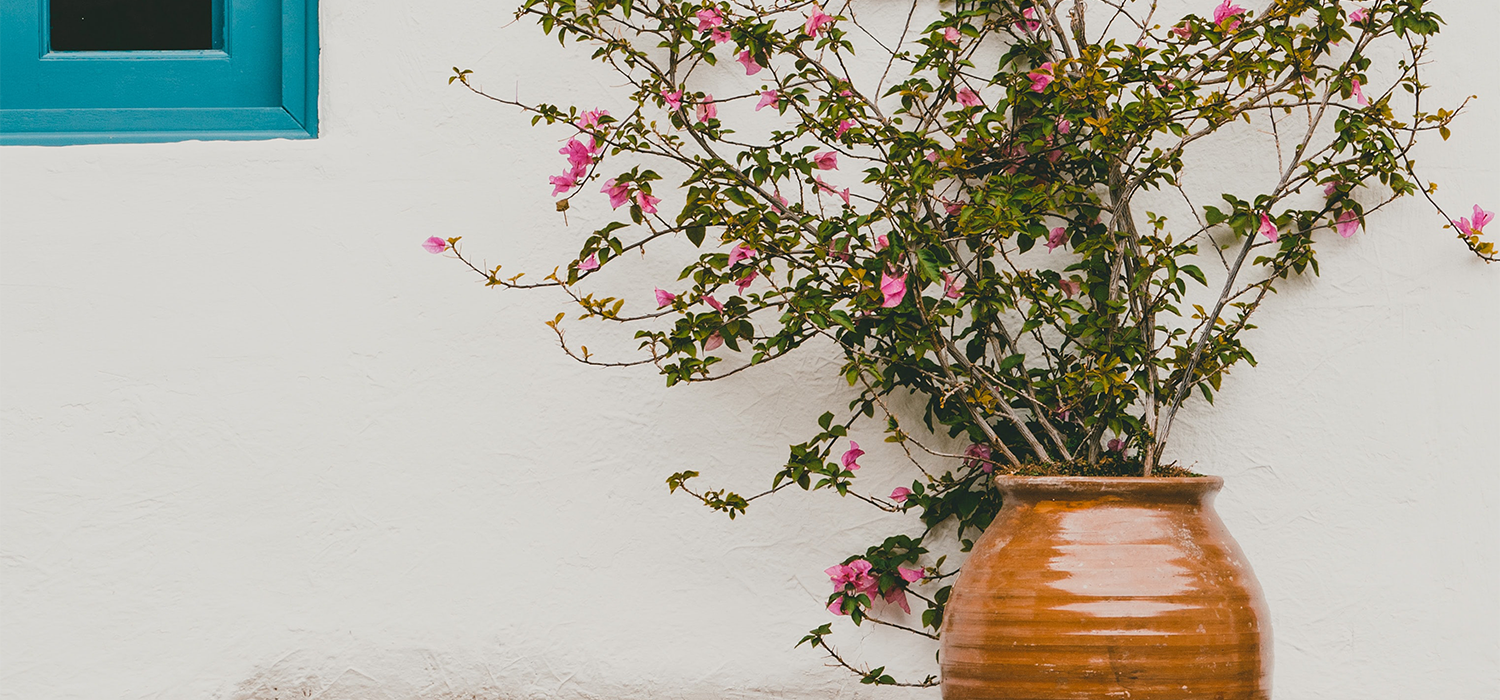

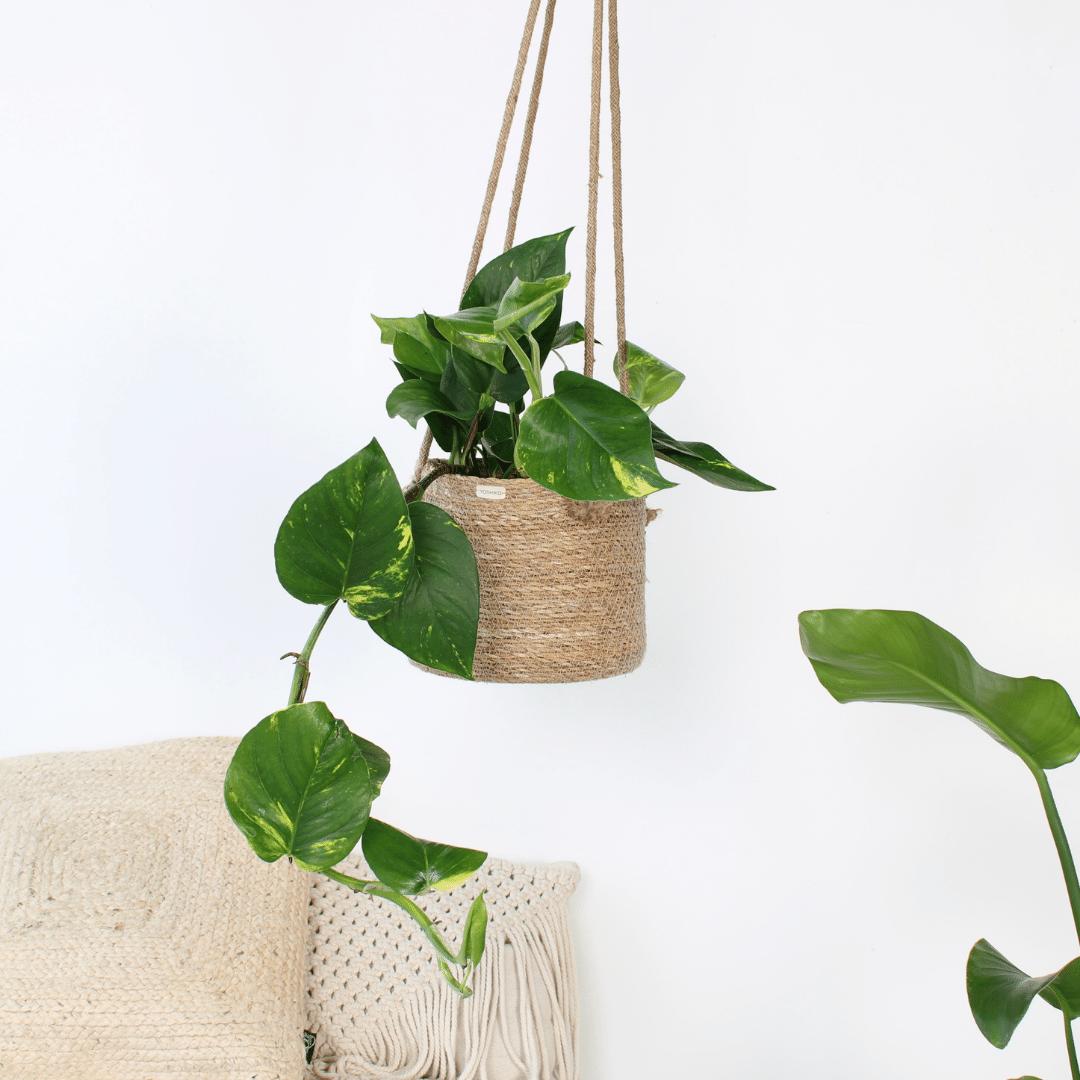
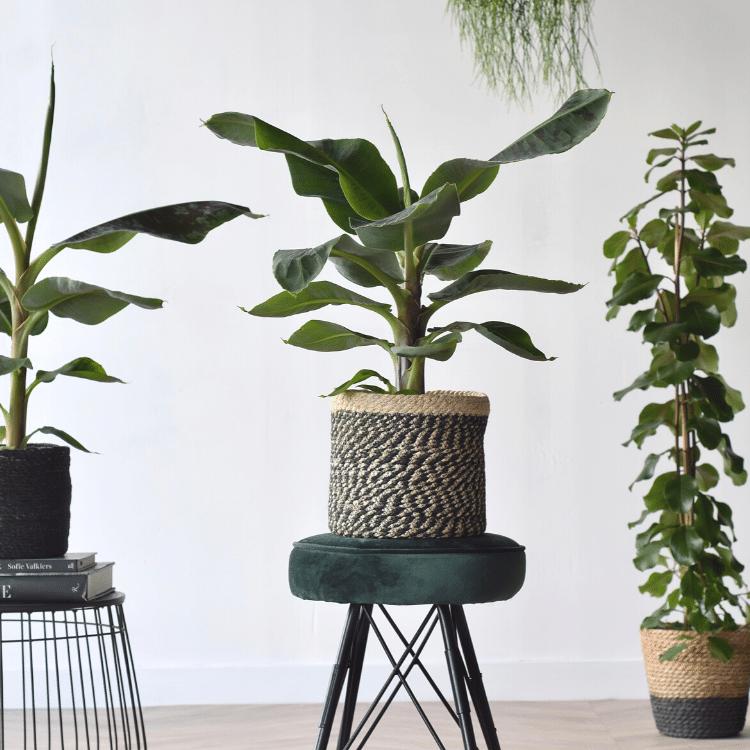
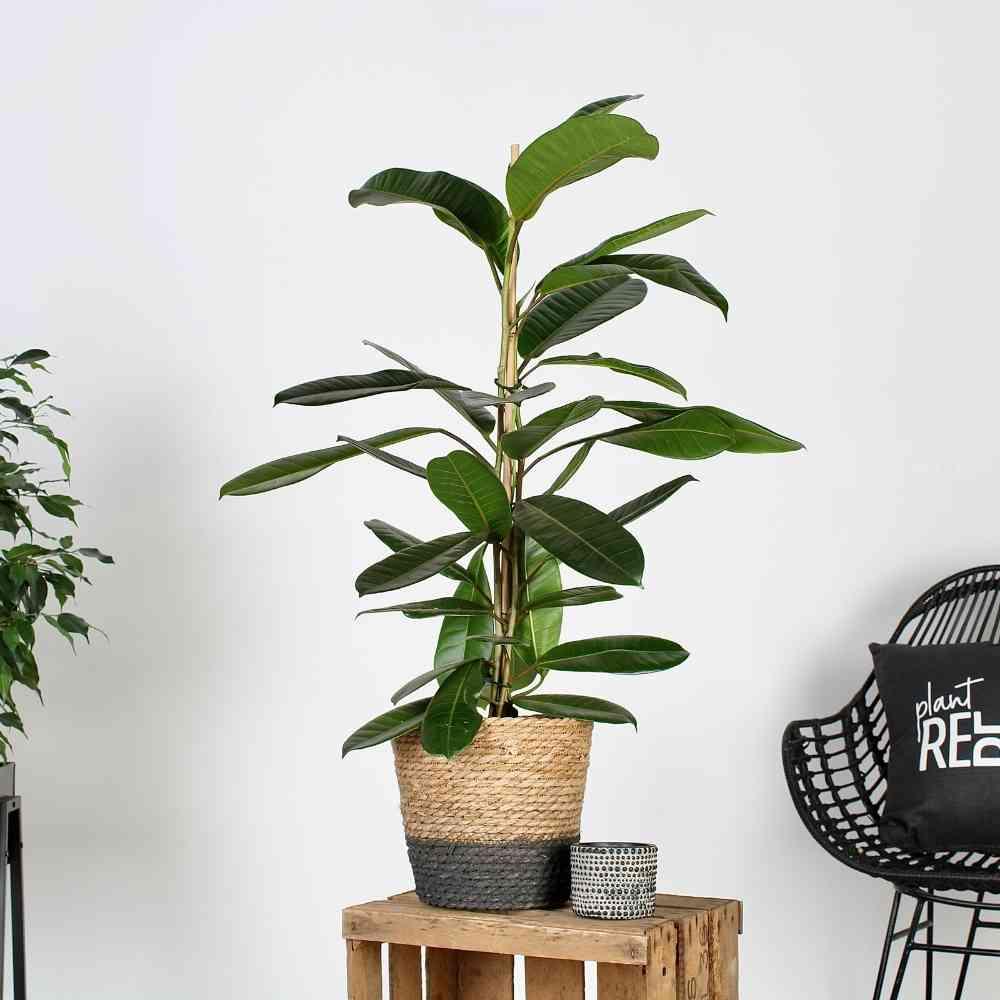
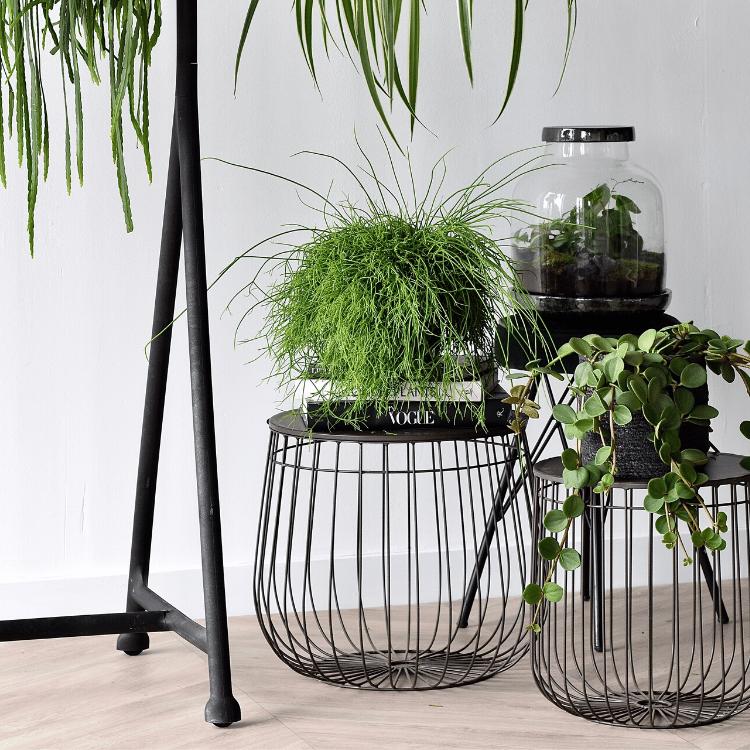
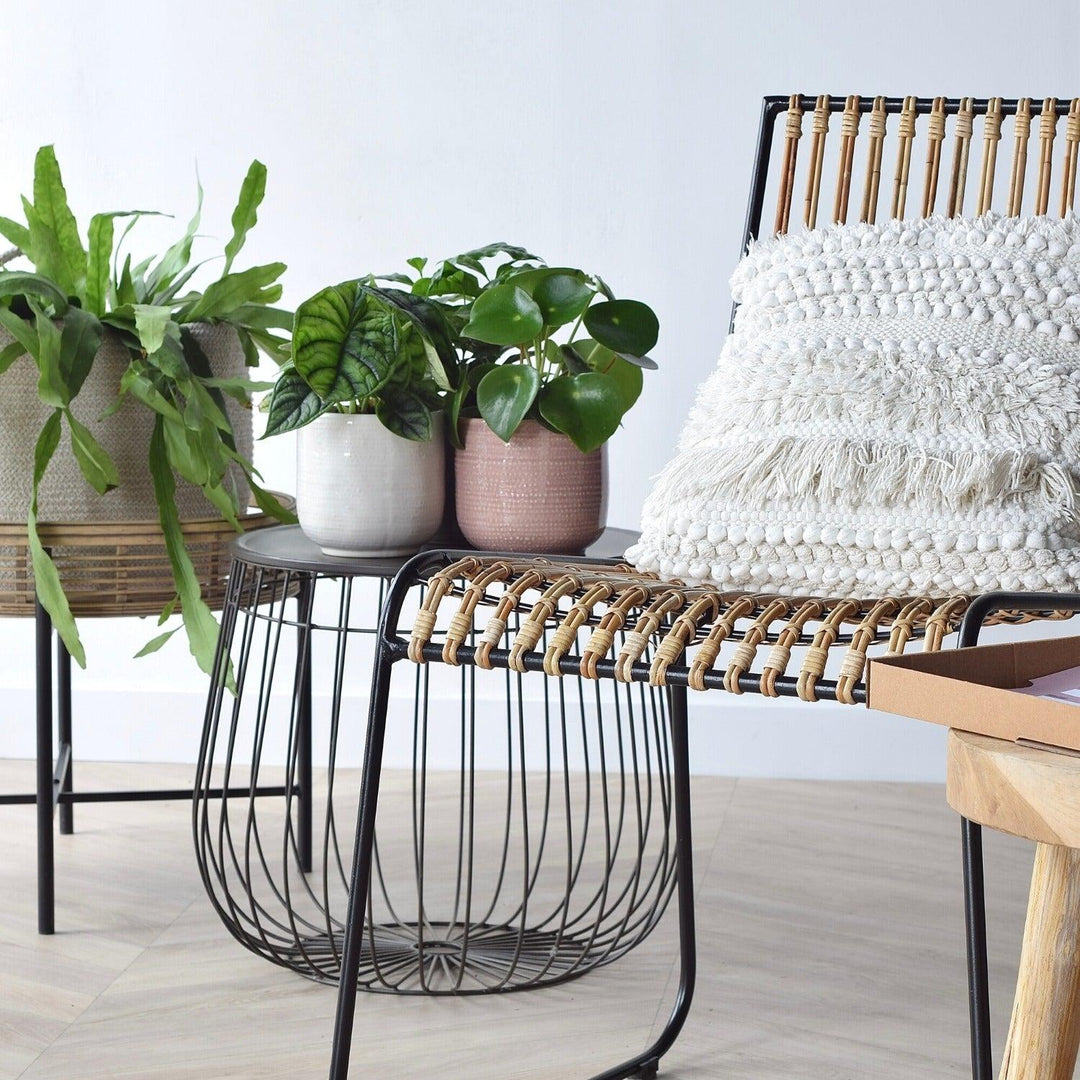
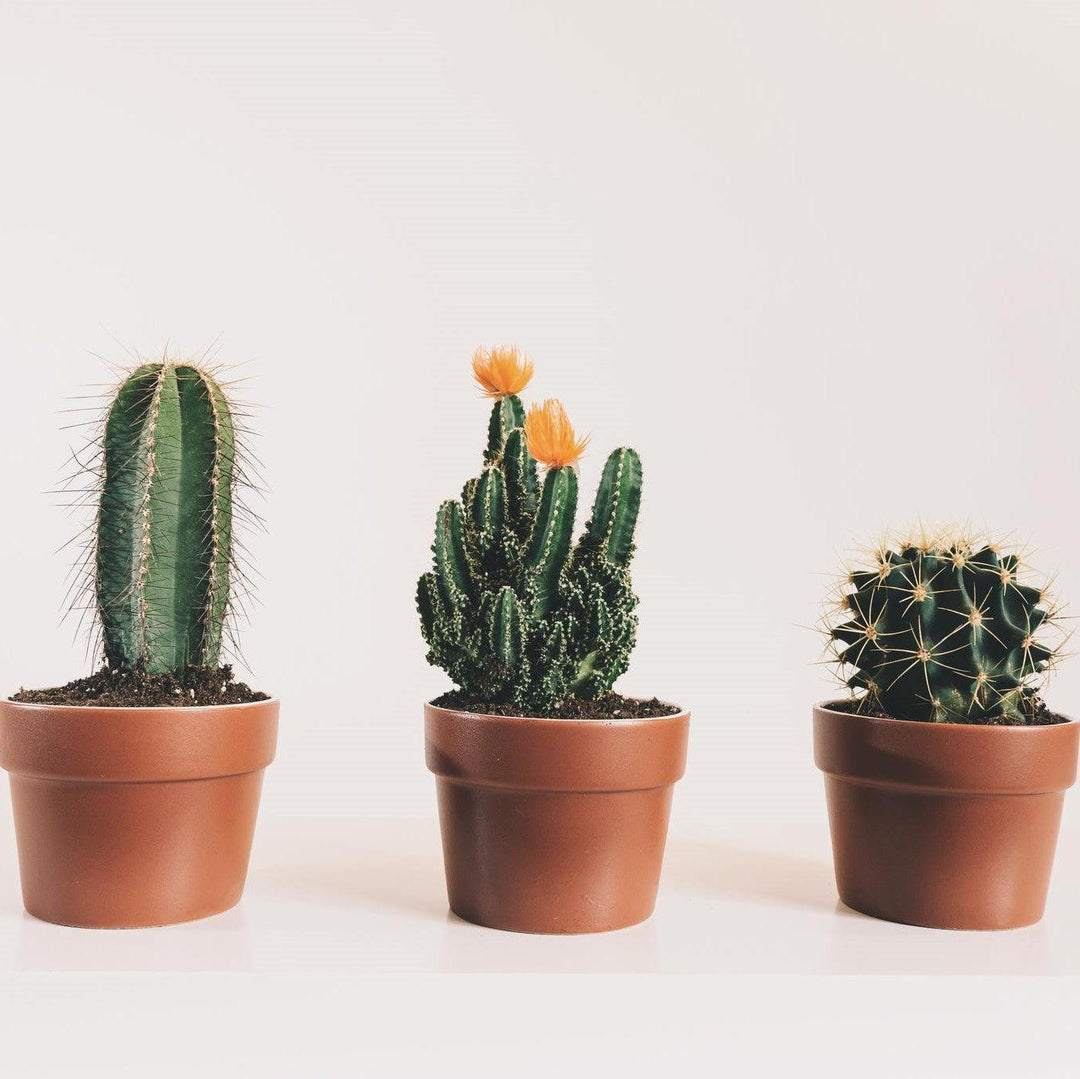
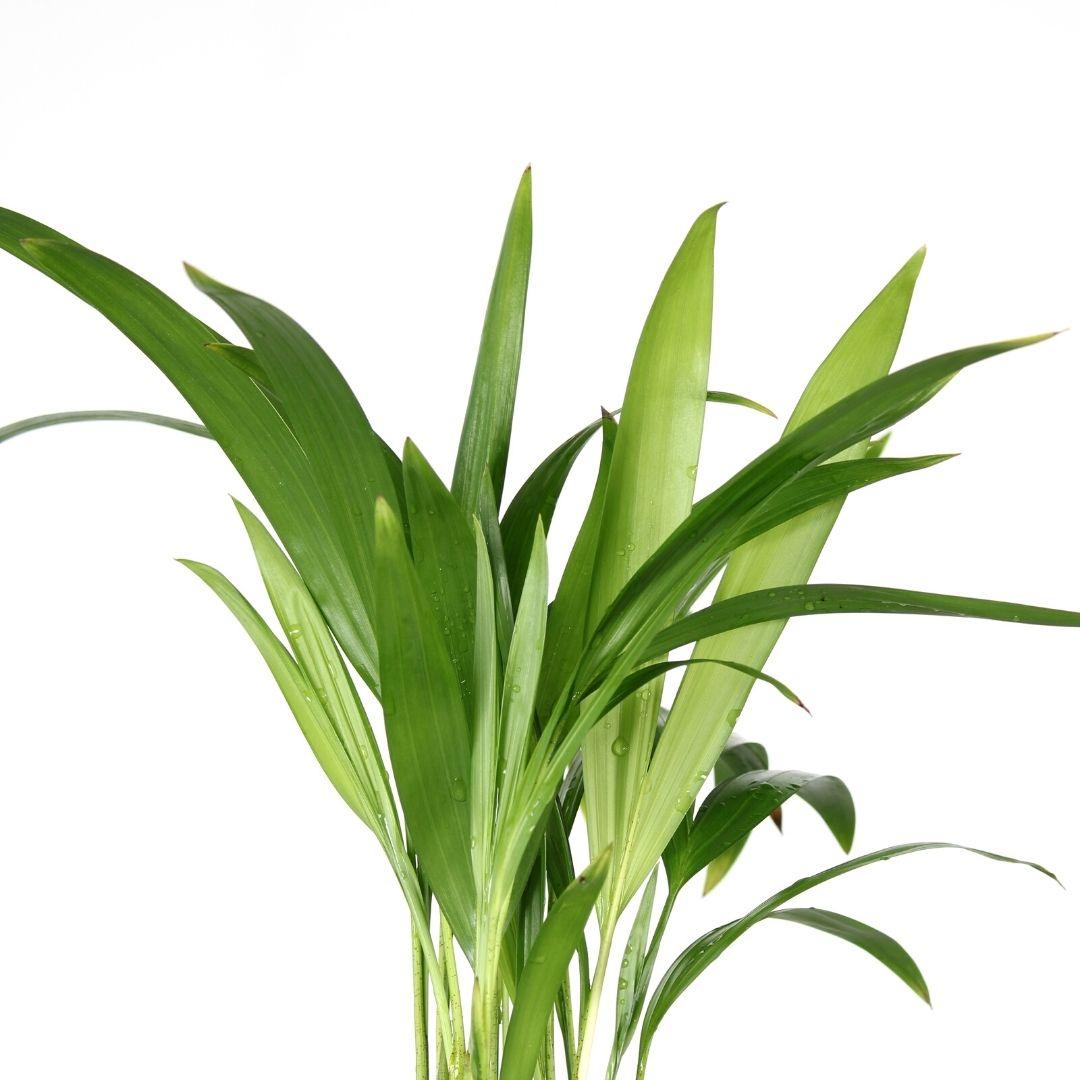
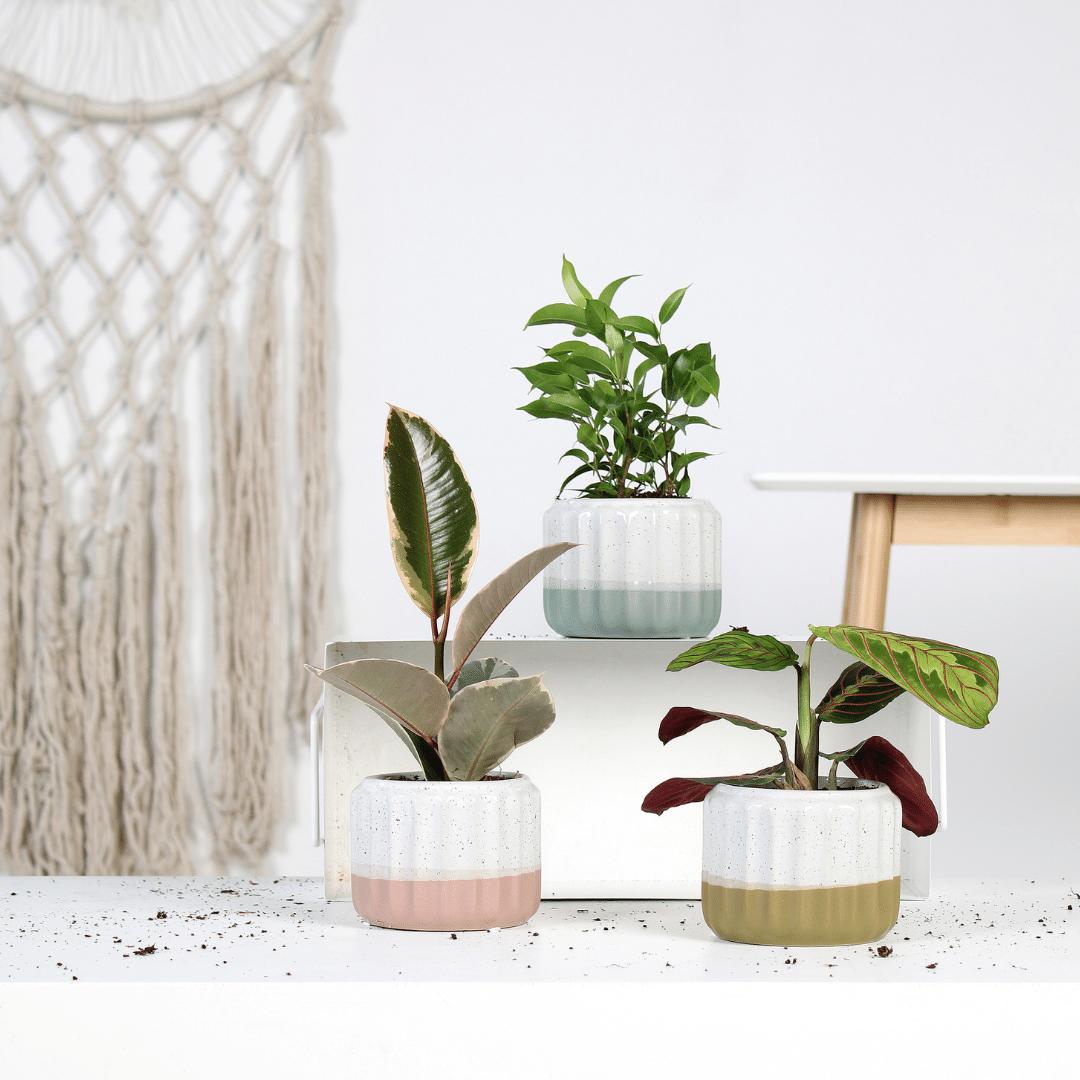
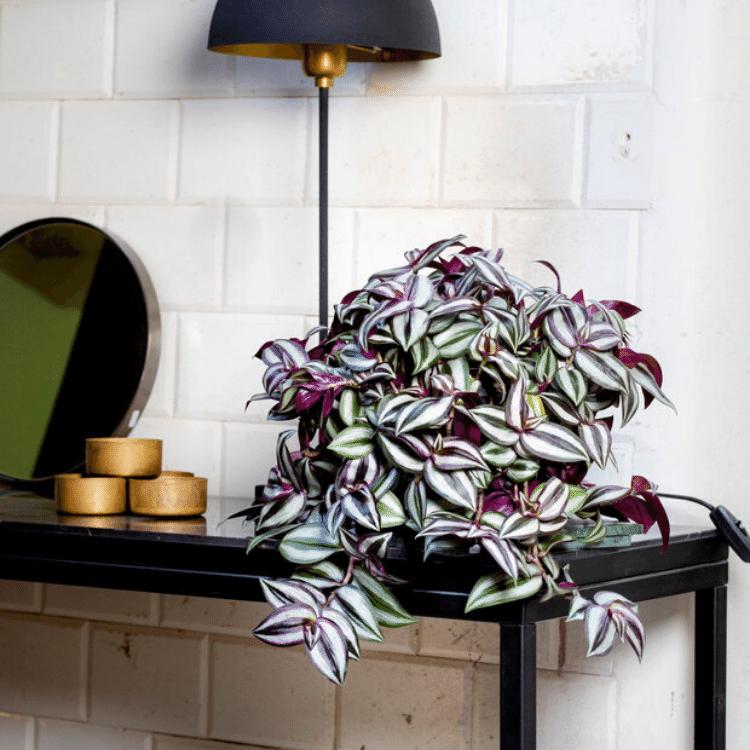
Leave a comment